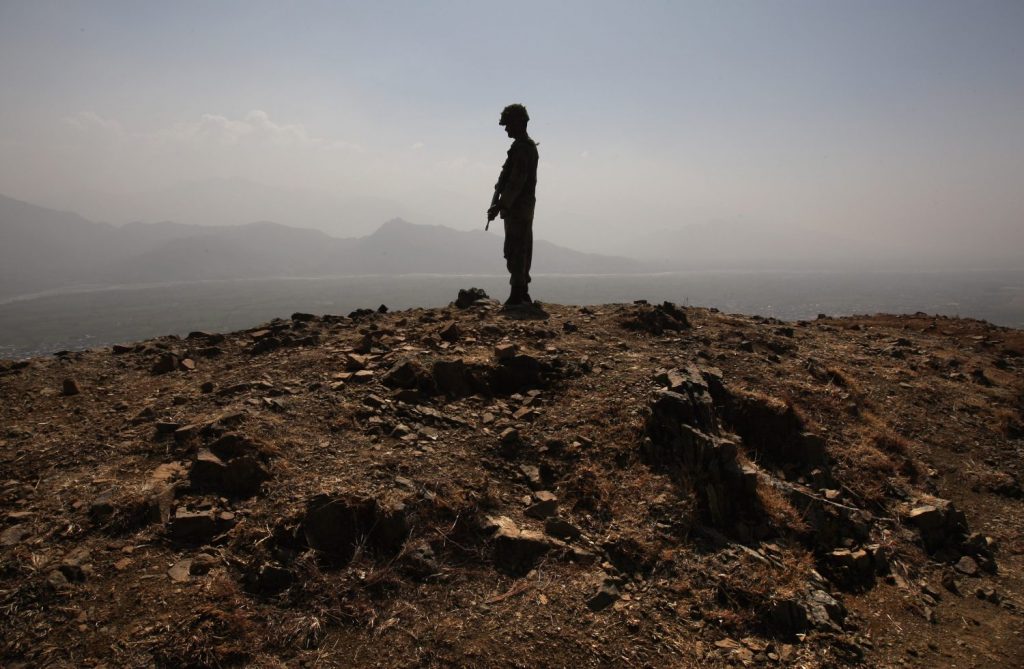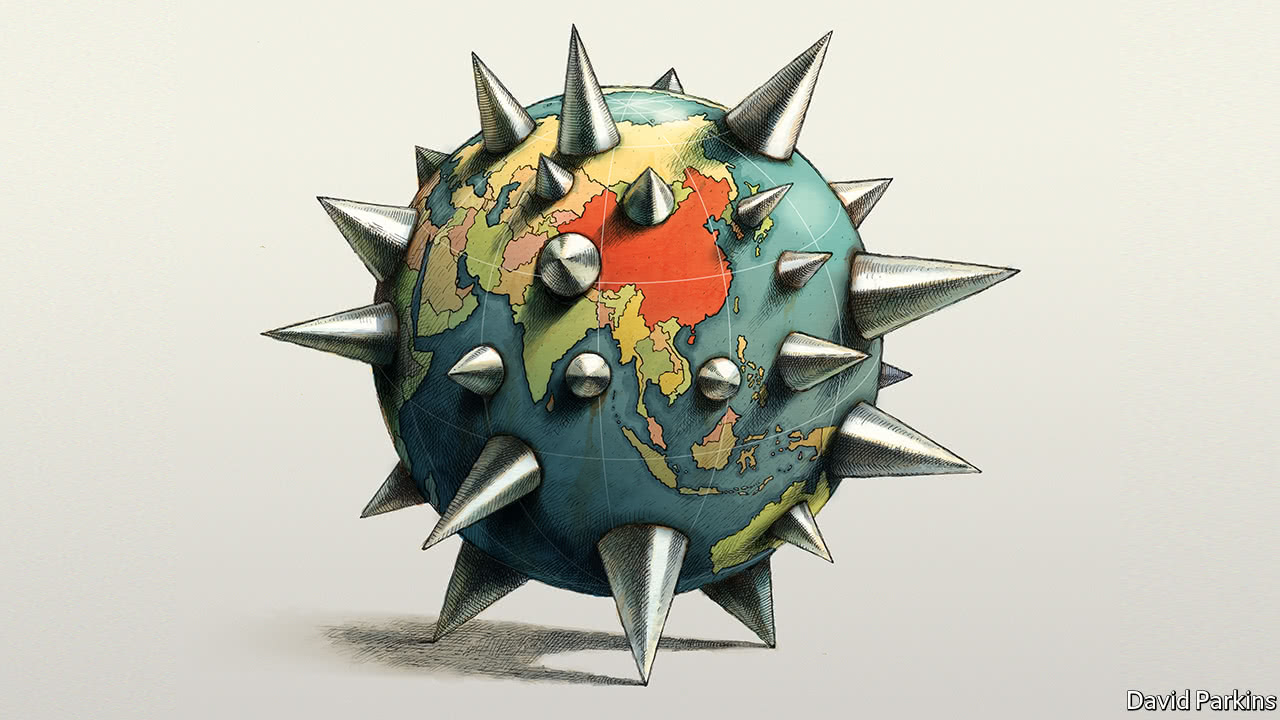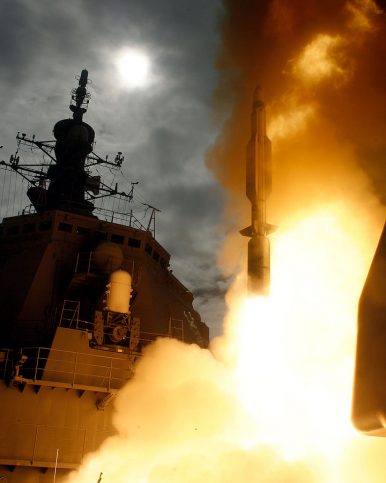INTERNET GOVERNANCE - HOW DO WE SELECT PEOPLE REPRESENTING INDIA
-- Maj Gen P K Mallick,VSM (Retd)
I do attend lot of seminars in Delhi. In cyber domain related discussions one does come across terms like cyber governance, ICANN, UN GGE, Multi Stake holder model, Net Mundial and what have you. Certain things come to my mind which I thought I should share. I must admit in the first place I do not have any inside knowledge of the issues I am trying to raise. So the people concerned must correct me.
I find one particular Think Tank is much more concerned than any other in Cyber Governance issues. Naturally many people from that Think Tank attend all the official deliberations on internet governance all over the world. Mostly same set of people attend these. I have no issue on that either.
In the multi stake holder model the country is represented by Government agencies, civil society, industry, technical experts, legal experts, some time academics also. I want to know how do we decide who is going to represent what. What is the selection process. Who decides. In today's world when we are crying hoarse in international fora about multi stakeholder model we ourselves also have to be more transparent. I don’t see any transparency here. Again I am not casting any aspersions on anybody. They may be the most competent people to represent our country in the respective fields. I am talking about the process.
External funding is an important resource for Indian stakeholders who engage with ICANN. A majority of them who engaged with ICANN had been awarded external funding at some point.
When you represent the country in whatever field there is a need to speak in the same language in different forum. The Government has to ensure that by having discussion in a most transparent manner before going abroad. 15 persons from India actively participated at ICANN Meetings in 2015. Were they on the same wave length. The civil society people may have some different views. That has to be tampered with the national views. At least an honest effort has to be made. I am sure some efforts must have been made in the form of some Round Table Discussion organized by MeitY. Point is are those adequate?
I have nothing against anybody. I find there is one person who represents India in all deliberations concerning internet governance in ICANN, net mundial, UN deliberations etc. That person is a member of Carl Bildt chaired Global Commission on Internet Governance, Co chair of the Global Commission on the Stability of Cyberspace. Some of the other commissioners are : Michael Chertoff who was the second United States Secretary of Homeland Security, Chairman of the Board of Directors of BAE Systems, a member of East West Institute’s Board of Directors and Sean Kanuck. Sean Kanuck has a decade of experience in the Central Intelligence Agency, He was at the US National Intelligence Council as National Intelligence Officer for Cyber Issues from 2011 to 2016. He has been appointed as a Distinguished Fellow by the Observer Research Foundation in India. The person I am referring to is with ORF which is funded heavily by American companies, also with American East West Institute which may have vested interests, is Distinguished Fellow in the East West Institute in the US, the Observer Research Foundation in India, and the Centre for International Governance Innovation in Canada. My point is can there be a conflict of interest somewhere.
As per networking is concerned many of the persons involved in these commissions are regular visitors/ speakers in ORF events including the recent CyFy. You don’t get ex Prime Minister’s of countries like Sweden for such events just like that.
I am told Google India, Microsoft Ondia, Facebook India or such big US companies are now considered as Indian companies and represent India in these deliberations. Can these people contradict the views of their head offices sitting across the table.
Again my point is simple : How do we select, what is the criterion, where is the transparency?
I want to be educated.
PS.
I did come across a paper analysing Indian Engagement at Global Internet Governance Institutions 2011-2015 by Puneeth Nagaraj & Aarti Bhavana ,MULTISTAKEHOLDERISM IN ACTION, Centre for communication Governance, available at http://ccgdelhi.org/doc/%28CCG-NLU%29%20Multistakeholderism%20in%20Action%20-%20Analysing%20Indian%20Engagement%20at%20Global%20Internet%20Governance%20Institutions%20%282011-15%29.pdf












/arc-anglerfish-arc2-prod-mco.s3.amazonaws.com/public/AJHOCTAKXZB77OOCKVA6ZLT56Q.png)
